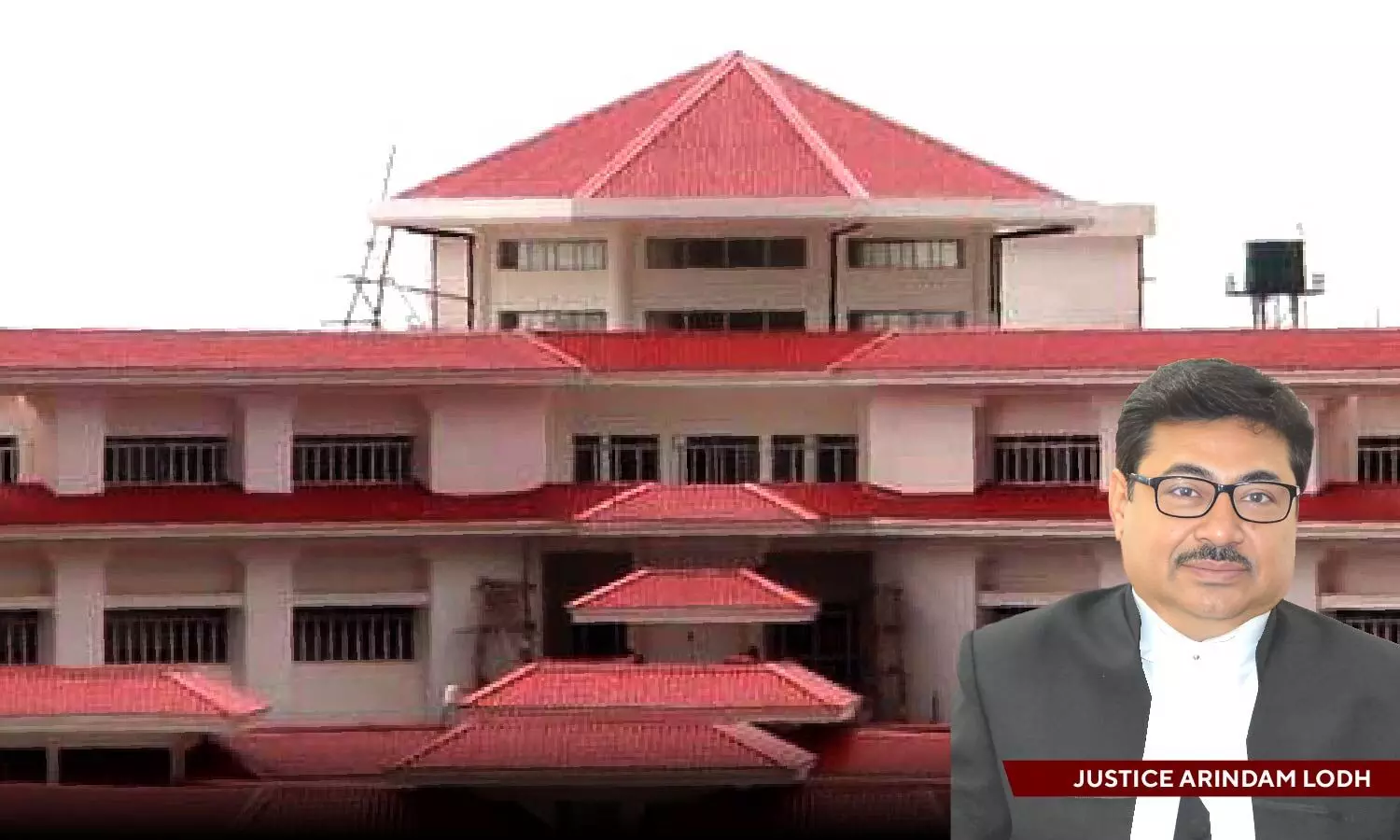
High Court Under Article 226 Cannot Direct State To Give Pay Scale Which Is Not Prescribed Under Any Rules: Tripura High Court
 |
|The Tripura High Court held that State Authorities or their instrumentalities are authorised to determine the pay scales for their employees per the rules of the organization. The Court noted that if a pay scale is not prescribed under any rules of the organization, the State or its affiliates cannot be directed to grant a regular pay scale to their employees, under Article 226 of the Constitution. The Court disposed of a Writ Petition filed by a worker of Tripura Forest Development & Plantation Corporation Ltd. (TFDPC) seeking direction against the Respondents to grant the benefit of a regular pay scale to the Petitioner.
“This Court in exercise of its jurisdiction under Article 226 of the Constitution of India cannot direct the State or its instrumentalities to give pay scales to its employees, which is not prescribed under any rules of the organization. It is absolutely within the domain of the State authorities or its instrumentalities to prescribe pay scales for its employees”, Justice Arindam Lodh noted.
Advocate A.K. Pal appeared for the Petitioner, and Advocate D. Bhattacharya appeared for the Respondent.
The Petitioner at present is a permanent worker of the Tripura Forest Development & Plantation Corporation Ltd. (TFDPC) since 1997 and has been serving as a “Kiln Saw Bench Operator”. The Petitioner had filed a Writ Petition seeking regularization of contractual workers which the High Court disposed of. Pursuant to the order, the Respondent had formulated a scheme and the Petitioner was absorbed as a permanent worker. The Petitioner approached the Court by way of a Writ Petition seeking direction against the Respondents to grant the benefit of a regular pay scale to the Petitioner.
The Respondent alleged that under the notified scheme for factory workers, the Petitioner had been engaged as a permanent worker by virtue of his service condition in TFDPC Ltd. He was absorbed as a permanent factory worker and received all the benefits.
The Court observed that the Respondents were directed to develop a scheme that considered their resources, and the TFDPC Ltd. formulated a scheme that resulted in the Petitioner becoming a permanent worker with the specified benefits. The Court noted that the Petitioner had not contested the terms and conditions outlined in the said scheme. The Court, under Article 226 of the Constitution, cannot require the State or its affiliates to provide pay scales to employees that are not specified in the organization's regulations. The Court held that such establishment of pay scales is entirely up to the State authorities or their affiliates.
The Court observed that the petitioner has been working for TFDPC Ltd. for a considerable duration of time. Thus, the Court noted that TFDPC Ltd. had explored the feasibility of creating a salary structure for the Petitioner's role, considering their company's resources.
“It transpires from the records that the petitioner has been working under TFDPC Ltd. for a considerable period of time. In view of this, the TFDPC Ltd. may take an initiative to explore whether any pay scale can be prescribed against the post, the petitioner is working, keeping in mind the resources of their organization”, the Court noted.
Accordingly, the Court disposed of the Petition.
Cause Title: Sri Swapan Barman v. The State of Tripura